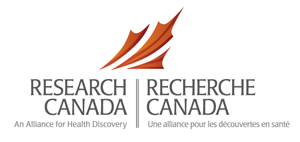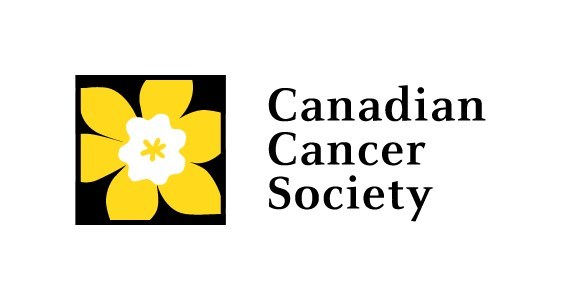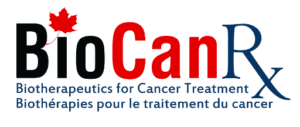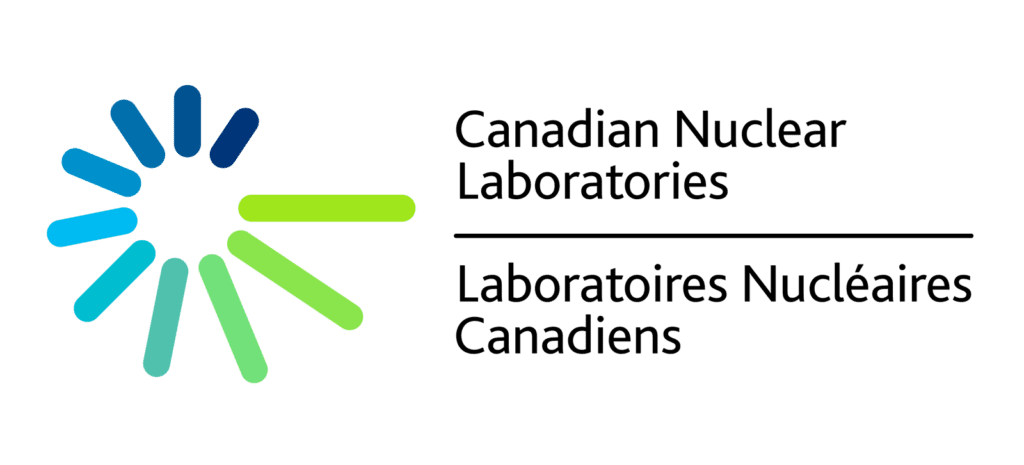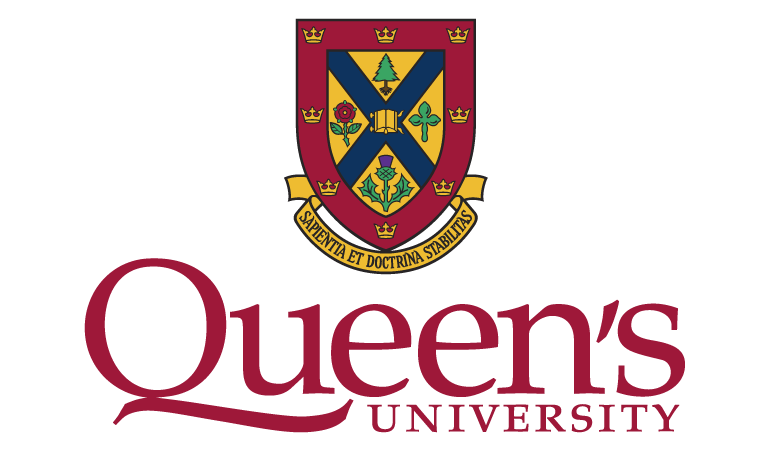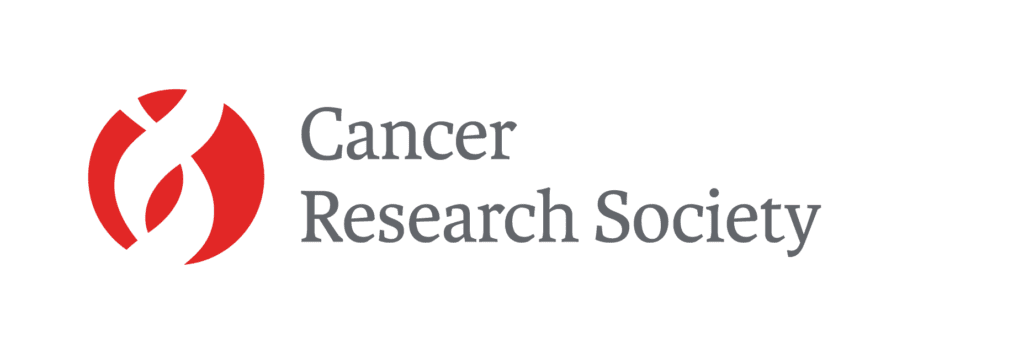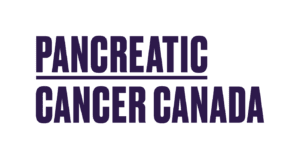Cancer Gone: The Research and Innovation that Thinks it Can

CANCER GONE: THE RESEARCH AND INNOVATION THAT THINKS IT CAN
Cancer is a complex disease since it is not one but many diseases: there are over 200 different types of cancer. It can also be quick, elusive and can evolve rapidly, which makes it difficult to treat. Thanks to research, we’ve made some amazing progress in recent years. In the 1940s, survival was about 25%. Today, some types of cancer that historically had poor outcomes now see five-year survival rates surpassing 70, 80 and even 90%. And advancements keep coming.
Canada has been a major research contributor, and thanks to Canadian discoveries made in collaboration with collaborators around the world, we have an improved understanding of what causes cancer, how it develops, how best to treat it and how we can improve the quality of life of people living with cancer, which has been translated into new therapies and diagnostics. This Virtual Reception will feature 24 of Canada’s best and brightest scientists who will share research and innovations in the areas of Early Cancer Detection at Initial Diagnosis and Prior to Progression and Relapse, The Role of Precision Medicine and Immunotherapy in Cancer Research, Pediatric and Adolescent Cancers, and Cancer Prevention.
PANEL 1
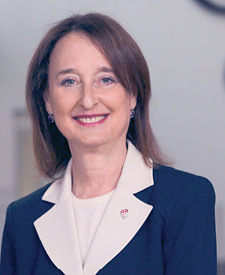 Rose Goldstein, MD, FRCPC
Rose Goldstein, MD, FRCPC
Professor of Medicine, McGill University
Chair of Research Canada
Dr. Rose Goldstein is a professor in the Faculty of Medicine and the former Vice-Principal of Research and Innovation at McGill University from 2010 to 2017. In 2017, Dr. Goldstein completed the Directors Education Program (DEP) from the Institute of Corporate Directors (ICD). Dr. Goldstein earned her Bachelor of Science and Medical degrees from McGill and completed her clinical training at the Universities of Toronto, Ottawa, and Texas. Dr. Goldstein became Chair of Research Canada in June 2020.
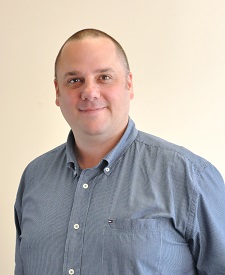 Jean-François Côté, PhD
Jean-François Côté, PhD
Full Professor and Vice President-Research and Academic Affairs, Montreal Clinical Research Institute (IRCM)
Dr. Jean-François Côté is interested to understand the molecular and cellular principles contributing to cancer dissemination, a complex process known as metastasis. They study the molecules and mechanisms driving cell movement which is a key process that allow the cancer cells to migrate out of a tumour and reach secondary organs in the body to form metastases. By using mouse models and human cells, they determine which of these new molecular players could be therapeutic targets.
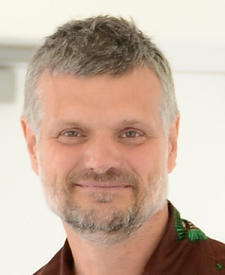 Michel Duval, MD
Michel Duval, MD
Professor, Department of Pediatrics, Université de Montréal Pediatric Hemato-oncology Division, CHU Sainte-Justine
Dr. Michel Duval is a pediatric hemato-oncologist, specializing in hematopoietic transplantation. He is a full clinical professor at the University of Montréal. His research focuses on the immunotherapy of childhood cancer, more specifically on the exploitation of innate immunity after transplantation: Natural Killer (NK) cells and their natural activators, plasmacytoid dendritic cells. As a translational researcher, he has published both laboratory research and clinical research.
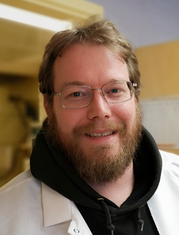 Guillem Dayer, PhD
Guillem Dayer, PhD
Mitacs Elevate Postdoctoral Fellow, Lakehead University
Thunder Bay Regional Health Research Institute
Dr. Guillem Dayer is a Mitacs Elevate Postdoctoral Fellow (Lakehead University/Thunder Bay Regional Health Research Institute) in Dr. Ingeborg Zehbe’s lab. Their research focuses on the relationship between the human papillomavirus (HPV) and cancer, more specifically on the viral E6 protein, the main culprit in HPV carcinogenesis. Their work includes 1) understanding how mutations found in the E6 protein from different HPVs lead to variation in their carcinogenic potential and 2) the development of anti-E6 nanobodies for the treatment of early stages of cervical cancer.
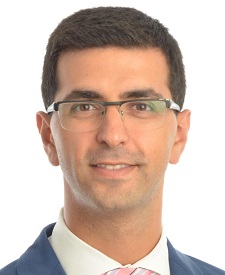 Antoine Eskander, MD, ScM, FRCSC
Antoine Eskander, MD, ScM, FRCSC
Assistant Professor, University of Toronto Department Otolaryngology-Head & Neck Surgery
Sunnybrook Health Sciences Center and Sunnybrook Research Institute
ICES – Adjunct Scientist Institute of Health Policy, Management and Evaluation
Dr. Antoine Eskander’s research focus is on cancer care and health system design. He is interested in studying access to care, disparities in care, adherence to guidelines, and quality metrics. Ultimately, He would like these studies to lead to quality improvement initiatives that can improve the quality of care and outcomes. He is using machine learning applications, including image recognition technology and natural language processing techniques, to automate data capture and to improve diagnostic accuracy in oncology.
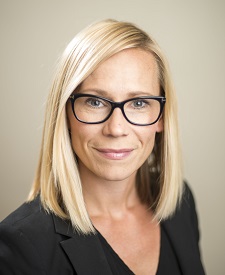 Tara C. Horrill, PhD, RN
Tara C. Horrill, PhD, RN
Research Coordinator, College of Nursing, University of Manitoba
Dr. Tara Horrill is a registered nurse, who completed her PhD in nursing from the University of Manitoba in 2021. She has spent much of her career as an oncology nurse at CancerCare Manitoba, where she worked in both clinical and research roles. She is passionate about social justice and health equity. Her research takes a critical approach to examining cancer-related disparities and equitable access to oncology care among Indigenous Peoples in Canada, and other marginalized populations.
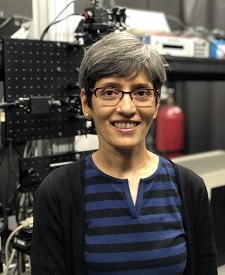 Sangeeta Murugkar, PhD
Sangeeta Murugkar, PhD
Associate Professor, Physics, Carleton University
Director, LLAMPE
Dr. Sangeeta Murugkar is an Associate Professor in the Department of Physics at Carleton University in Ottawa, where she leads the Laboratory for Laser-Assisted Medical Physics and Engineering (L2AMPE). Her research program aims to develop highly accurate, yet rapid and cost-effective laser-based, novel instrumentation and analysis methods. The goal is to enable fundamental biological discovery, as well as future clinical and industrial translation with a major focus on early cancer detection and treatment monitoring.
PANEL 2
 Robert McMaster
Robert McMaster
Vancouver Coastal Health Research Institute
Executive Associate Dean Research, Faculty of Medicine, University of British Columbia
Dr. Robert McMaster received a Bachelor and Master of Science from the University of British Columbia (UBC) that was followed by a D.Phil. from the University of Oxford. His research interests are in the areas of molecular immunology, parasitology and transplant immunology He is actively involved with national and international granting agencies including the World Health Organization, Canadian Institutes of Health Research where he serves as a Member on the National Advisory Committee for Strategies on Patient-Oriented Research, and the Michael Smith Foundation for Health Research, having served as Chair of the Research Advisory Council.
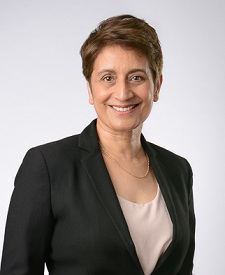 Rama Khokha, PhD, FRSC
Rama Khokha, PhD, FRSC
Professor and Senior Scientist, CRC Tier I, Adult Tissue Stem Cells, Princess Margaret Cancer Center
Department of Medical Biophysics, University of Toronto
Dr. Rama Khokha is an internationally recognized leader in tissue homeostasis and stem cell niches. Her preclinical models and integrative molecular approaches continue to elucidate integral pathways in tissue development and remodeling. Her basic discoveries have revolutionized our understanding of cancer biology, allowed development of new strategies to block aggressive disease, and fueled breast cancer chemoprevention trials.
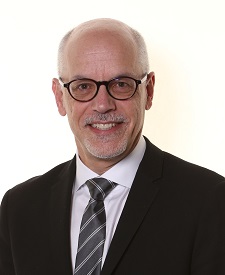 Dr. David Malkin MD, FRCPC
Dr. David Malkin MD, FRCPC
Staff Oncologist and Senior Scientist
The Hospital for Sick Children
Director, PRecision Oncology For Young PeopLE (PROFYLE) Program
Dr. David Malkin is a Professor of Pediatrics, Faculty of Medicine, University of Toronto. He holds the CIBC Children’s Foundation Chair in Child Health Research, is a Staff Oncologist, Director of the Cancer Genetics program, and a Senior Scientist at The Hospital for Sick Children. He is co-Director of the SickKids Cancer Sequencing (KiCS) program, and Director of the pan-Canadian PRecision Oncology For Young peopLE (PROFYLE) initiative which is establishing a pipeline to incorporate next generation sequencing into novel clinical trials (‘precision oncology’) for children and young adults with hard-to-treat cancers across Canada.
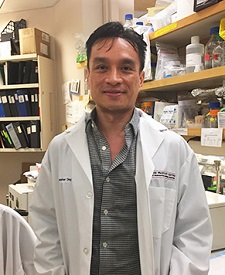 Christopher Ong, PhD
Christopher Ong, PhD
Senior Research Scientist, Vancouver Coastal Health Research Institute
Associate Professor, Department of Surgery, University of British Columbia.
Senior Scholar, Michael Smith Foundation for Health Research
A key area of focus of Dr. Christopher Ong’s research program is to understand the molecular mechanisms that govern prostate cancer growth and treatment resistance. His primary focus has been focused on defining and targeting cell signalling pathways underlying the development and progression of prostate cancer and to develop new therapeutic strategies to improve survival. Dr. Ong and colleagues have recently discovered a critical secreted cell signaling protein called SEMA3C that drives cancer growth. From this discovery, they developed a novel protein-based medication that disrupts SEMA3C signaling and prevents unhealthy cell growth that leads to prostate cancer, and potentially other cancers.
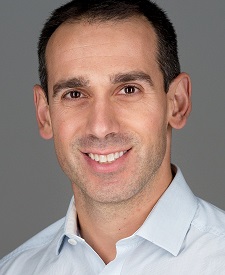 Dr. David Palma, MD, PhD
Dr. David Palma, MD, PhD
Professor, Western University
Radiation Oncologist, London Health Sciences Centre
Dr. David Palma’s research focuses on stereotactic ablative radiotherapy (SABR), a very precise form of radiation treatment. SABR can be used to target metastatic spots of cancer almost anywhere in the body. Recently, Dr. Palma led a randomized trial showing that when SABR is used to treat up to five metastatic spots of cancer, patients gain 22 months of extra survival, and for some, the cancer does not recur. Dr. Palma is also the author of a bestselling book for patients called Taking Charge of Cancer: What You Need to Know to Get the Best Treatment, which empowers patients to seek out the best possible cancer care.
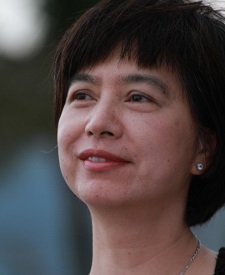 Chun Peng, PhD
Chun Peng, PhD
Professor and Tier 1 York Research Chair
York University
Dr. Chun Peng is a professor of Biology at York University and a Tier 1 York Research Chair in Women’s Reproductive Health. One of the current research projects in Dr. Peng’s lab is to develop small molecule inhibitors that disrupt a signaling pathway that plays important roles in driving the development of various types of cancers, including ovarian cancer. The ultimate goal is to develop therapeutic tools targeted towards personalized medicine for ovarian cancer patients.
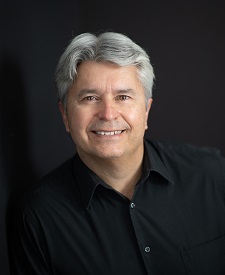 Yves St-Pierre, PhD
Yves St-Pierre, PhD
Professor
Institut national de la recherche scientifique
Professor Yves St-Pierre obtained his PhD in immunology at University of Toronto before completing his post-doctoral training at Harvard. He was recruited at the INRS-Institut-Armand-Frappier in 1994 where he has been ever since. Over the years, professor St-Pierre has provided international leadership on the role of galectins, a harmful group of proteins when produced in large amounts by cancer cells. His team is currently developing a new generation of galectin inhibitors with the aim of improving the efficacy of cancer immunotherapy.
PANEL 3
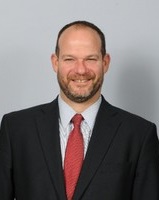 Ryan Clarke
Ryan Clarke
Manager, Government and Stakeholder Relations, Canadian Nuclear Laboratories
Mr. Ryan Clarke is the Manager of Government and Stakeholder Relations at Canadian Nuclear Laboratories where he is responsible for raising awareness of CNL’s research and development activities including innovation in isotopes, radiobiology and heath. Prior to joining CNL, Ryan advised clients in the areas of international trade, finance, health, transportation, and research and development at a leading public affairs firm. Ryan also served as a political advisor in the office of the Minister of International Trade. He holds a Bachelor’s degree in History from Concordia University.
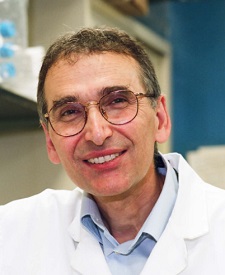 Edouard Azzam, PhD
Edouard Azzam, PhD
Radiobiology Scientific Lead, Radiobiology and Health,
Canadian Nuclear Laboratories
Dr. Edouard Azzam obtained his doctoral degree in Radiation Biology at the University of Ottawa. After completing post-doctoral studies at Harvard School of public Health, he was engaged in basic research related to radiation protection and cancer biology at Rutgers University where he was tenured Professor. He has recently returned to Canada to lead radiobiology research at the Canadian Nuclear Laboratories in Chalk River, Ontario. His work is focused on understanding the mechanisms underlying the effects of ionizing radiation in both normal and cancerous human cells. His findings on intercellular communication between irradiated and bystander cells have been considered significant to the field of radiation protection and have contributed to the development of new methods of cancer radiotherapy with external beams of radiation and radionuclides.
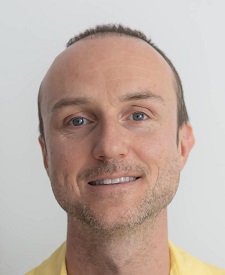 Lieven Billen, PhD
Lieven Billen, PhD
Senior Medical Manager, Medical Affairs, Oncology and Cell Therapy,
Gilead Sciences Canada Inc.
Dr. Lieven Billen is a Senior Manager in Medical Affairs for Oncology and Cell therapy at Gilead Science Canada, focused on Chimeric Antigen Receptor T-cell (CAR T) therapies developed by Kite, A Gilead Company. Prior to joining Gilead in 2019, Lieven held several positions within Medical Affairs at Amgen Canada. Lieven has a BSc (Hons) and a PhD in Biochemistry, both from McMaster University, and was a postdoctoral fellow at the Program in Gene Function and Expression at the University of Massachusetts Medical School.
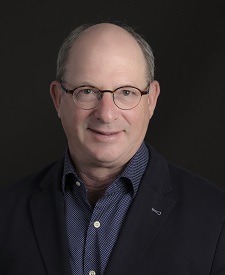 Steven A Narod, MD, PhD (hon), FRCPC, FRSC, CAHS
Steven A Narod, MD, PhD (hon), FRCPC, FRSC, CAHS
Clinician-scientist, Women’s College Hospital
Senior Scientist, Women’s College Research Institute
Dr. Steven A Narod is a Canadian clinician-scientist who works in the field of breast and ovarian cancer. He has shaped our current knowledge of how to assess breast and ovarian cancer risk and how to reduce cancer mortality among BRCA mutation carriers including screening, prevention and treatment. His current work is to define the early stages of breast cancer and how breast cancer spreads. With more than 900 peer-reviewed publications, he is one of the most cited cancer researchers in the world. He is a member of the Royal Society of Canada, the Canadian Academy of Health Sciences and is the 2012 winner of the Canada Council for the Arts Killam Prize.
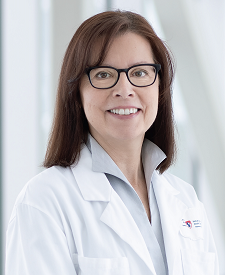 Patricia N. Tonin, PhD
Patricia N. Tonin, PhD
Full Professor (tenured)
Medicine & Human Genetics, McGill University
Associate Leader, Cancer Research Program,
Centre for Translational Biology, The Research Institute of the McGill University Health Centre
Dr. Patricia Tonin is known for her discoveries of the major breast cancer and ovarian cancer susceptibility genes (BRCA1 and BRCA2). Her current research focuses on identifying and characterizing new hereditary cancer genes in the Canadian population. These genes when used as medical genetic biomarkers could help identify women at high risk for cancers to offer surveillance and management strategies which have been shown to be effective in preventing cancer and saving lives.
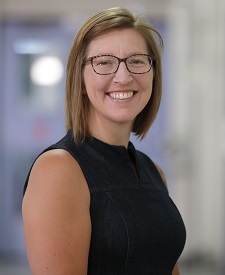 Robin Urquhart, PhD
Robin Urquhart, PhD
Associate Professor & Canadian Cancer Society Endowed Chair in Population Cancer Research, Department of Community Health and Epidemiology, Dalhousie University
Scientific Director, Atlantic PATH
Senior Scientist, Beatrice Hunter Cancer Research Institute
Affiliate Scientist, Nova Scotia Health
Dr. Robin Urquhart is a cancer health services researcher, focusing on access to, disparities in, and quality of cancer care across the care continuum. She is internationally recognized for her research in cancer survivorship, where she focuses on optimizing transitions in care, coordination of care, and models of long-term follow-up care. In 2016, Dr. Urquhart spearheaded the development of the Pan-Canadian Framework for Cancer Survivorship Research to provide strategic direction for >35 cancer research funders in Canada.
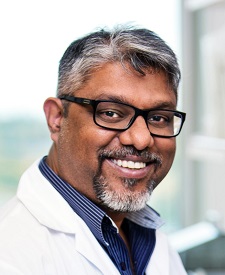 Franco Vizeacoumar, PhD
Franco Vizeacoumar, PhD
Scientist II, Saskatchewan Cancer Agency,
Associate Professor, Division of Oncology,
College of Medicine, University of Saskatchewan
Imagine taking a road trip around the world without a Google Map. Perhaps not impossible but could be challenging. Cells that make up our body have tiny lanes and complicated highways and biologists call them pathways. Just like traffic rules, these biological pathways also have stop signs and U-turns and are highly regulated. Deregulation of these pathways, due to certain rash drivers, on the streets of the genome, can lead to cancer. So, it is important to know, which traffic signals are down and how cancer cells bypass them. Blocking these alternate routes can eradicate cancer. This is exactly what the Vizeacoumar lab is doing. We are building our share of the ‘Google Map’ of a cancer cell, to find drug targets.
PANEL 4
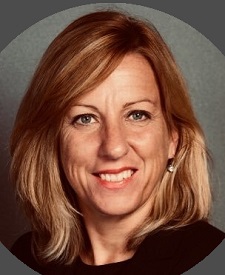 Isabelle Gagnon
Isabelle Gagnon
Senior Manager, Government Affairs, Federal and Quebec, AstraZeneca Canada
Ms. Isabelle Gagnon holds a Bachelor’s degree in Consumer Sciences from Quebec City’s Laval University. Her successful career has garnered extensive experience in the medical industry, including positions held at Becton Dickinson, Baxter Corporation, Alcon Canada and most recently at Roche Pharma & Diagnostics as Manager, Access and Health Policy. Isabelle also held positions at Medtech Canada-Quebec as Chairs of Procurement and Value of Innovation committees. She is also involved in various committees at the FCCQ, Montreal InVivo and most recently with Montreal International for the AI Zone in Health. She was newly appointed as Chair of the Life Sciences committee at the Quebec Chamber of Commerce (FCCQ).
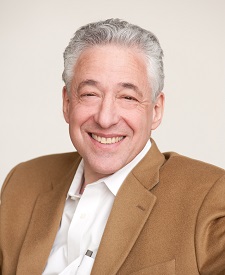 Gerald Batist, MDCM, C.M., C.Q., FRCP (C), FACP, FCAHS
Gerald Batist, MDCM, C.M., C.Q., FRCP (C), FACP, FCAHS
Director, Segal Cancer Centre (Chief, Dept. of Oncology), Sir Mortimer B. Davis-Jewish General Hospital
Director, McGill Centre for Translational Research in Cancer
Professor, Department of Oncology, McGill University
A pioneer in the field of personalized medicine, Dr. Gerald Batist is a clinician-scientist who has played an essential role in the creation of large-scale collaborative research networks and established valuable tools for cancer researchers in Quebec and elsewhere in Canada. Focused on drug resistance and development of novel therapeutics tailored to specific cancers in patients, his research has increased response to treatment as well as survival rates.
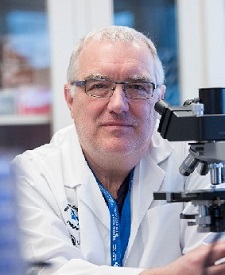 John C. Bell, PhD, FRSC
John C. Bell, PhD, FRSC
Senior Scientist, Ottawa Hospital Research Institute
Professor, Department of Medicine, University of Ottawa
Dr. John Bell received his PhD from McMaster University and then trained at the UK Medical Research Council. He began his independent research career at McGill University and subsequently moved his lab to the Ottawa Hospital Research Institute. He is a pioneer in the development of engineered viruses as therapeutics for the treatment of cancer. He is the Scientific Director of BioCanRx, a national network of clinicians and scientists working together to develop innovative cancer immunotherapy products.
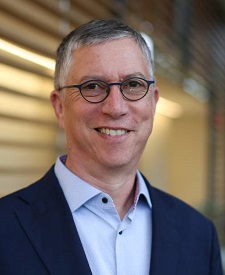 David M. Berman, MD, PhD
David M. Berman, MD, PhD
Professor of Pathology and Molecular Medicine
Director, Queen’s Cancer Research Institute
Queen’s University
Dr. David M. Berman is a surgical pathologist, laboratory investigator, and Director of the Queen’s Cancer Research Institute. Focusing primarily on bladder and prostate cancer, work in his laboratory tracks cellular, molecular, and imaging information across the cancer journeys of thousands of patients. Using sophisticated statistical and machine learning approaches, his team develops new ways to predict which treatment or management strategy is best for each patient.
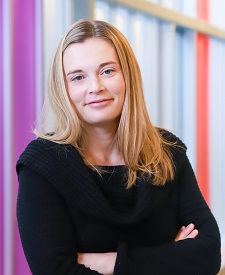 Rebecca J. Deyell, MD FRCPC
Rebecca J. Deyell, MD FRCPC
Clinical Associate Professor, University of British Columbia
Pediatric Hematologist Oncologist, BC Children’s Hospital
Clinician Investigator, BC Children’s Hospital Research Institute
Dr. Rebecca Deyell is a pediatric oncologist and clinician investigator at BC Children’s Hospital and Research Institute. She co-leads the Therapeutics Node for the PRecision Oncology For Young peopLE (PROFYLE) program. PROFYLE has established a national precision medicine platform for childhood, adolescent and young adult (CAYA) patients with hard to treat cancers. PROFYLE aims to transform the care of these patients by using next-generation molecular tools to identify patient-specific biomarkers that are tractable therapeutic targets. Dr. Deyell leads the early phase clinical trials program in pediatric oncology/hematology in BC.
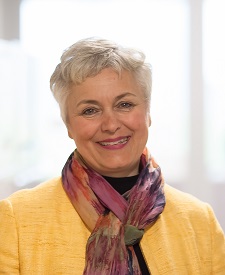 Christine Friedenreich, PhD, FCAHS, FRSC
Christine Friedenreich, PhD, FCAHS, FRSC
Adjunct Professor, University of Calgary
Fellow, Royal Society of Canada
Cancer Epidemiologist, Alberta Health Services
Dr. Christine Friedenreich is an internationally recognized cancer epidemiologist whose pioneering work has demonstrated that physical activity reduces cancer risk and improves rehabilitation and survival after diagnosis. She investigates the etiology and biology of these associations in both observational and experimental studies using innovative methods for physical activity assessment. Her research is being used to develop national and international physical activity guidelines for cancer control aimed at decreasing cancer burden worldwide.
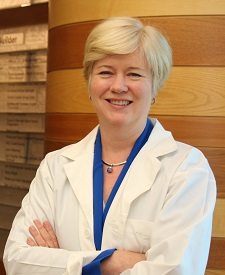 Jennifer Knox, MD, MSc, FRCPC
Jennifer Knox, MD, MSc, FRCPC
Professor of Medicine, University of Toronto
Lead, Solid Tumor Medical Oncology, Princess Margaret Cancer Centre.
Co-Director of the McCain Centre for Pancreatic Cancer,
Lewitt Chair in Pancreatic Cancer Research
Dr. Jennifer Knox is a Professor of Medicine at the University of Toronto, having received her medical degree from the University of Toronto in 1995 and works as a staff Medical Oncologist and Researcher at the Princess Margaret Cancer Center (PM). She is currently the head of Solid Tumour Medical Oncology Group and Co-Director of the McCain Centre for Pancreatic Cancer at the PM. Her research interests include multidisciplinary therapeutic and translational trials in hepatobiliary and pancreatic cancers.
Sponsored By
 Innovative Medicines Canada is the national voice of Canada’s innovative pharmaceutical industry. We advocate for policies that enable the discovery, development and commercialization of innovative medicines and vaccines that improve the lives of all Canadians. We support our members’ commitment to being valued partners in the Canadian healthcare system.
Innovative Medicines Canada is the national voice of Canada’s innovative pharmaceutical industry. We advocate for policies that enable the discovery, development and commercialization of innovative medicines and vaccines that improve the lives of all Canadians. We support our members’ commitment to being valued partners in the Canadian healthcare system.
